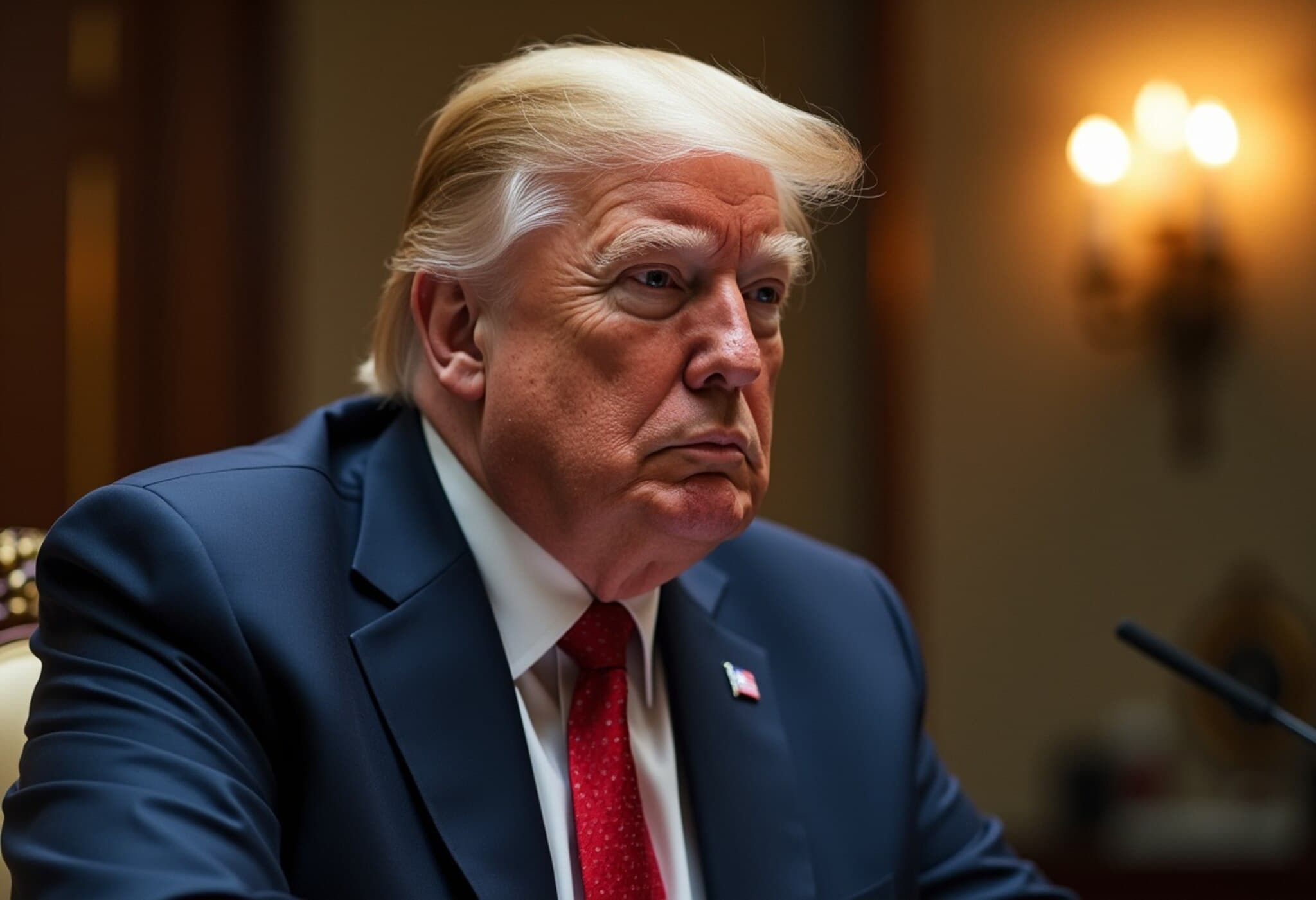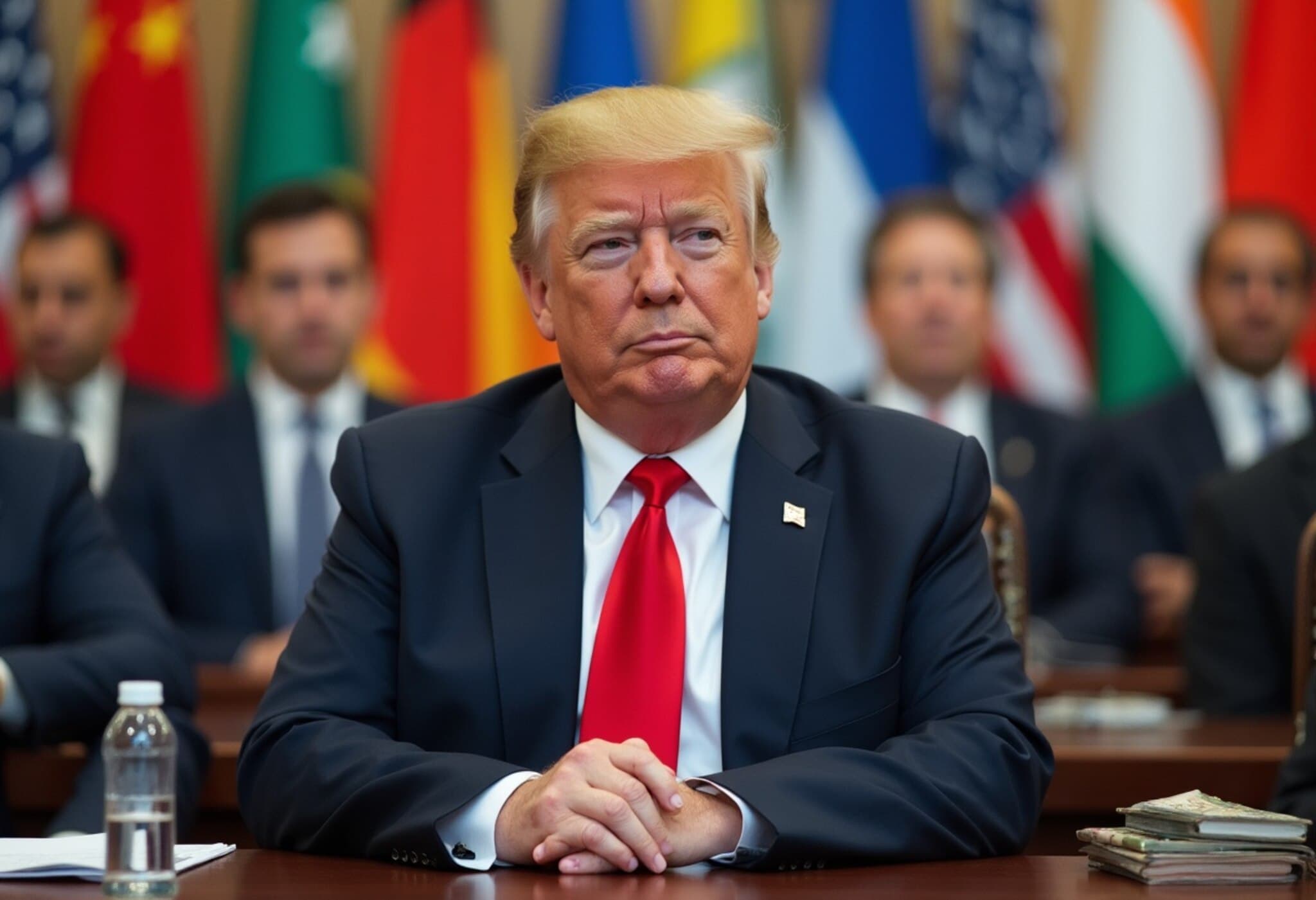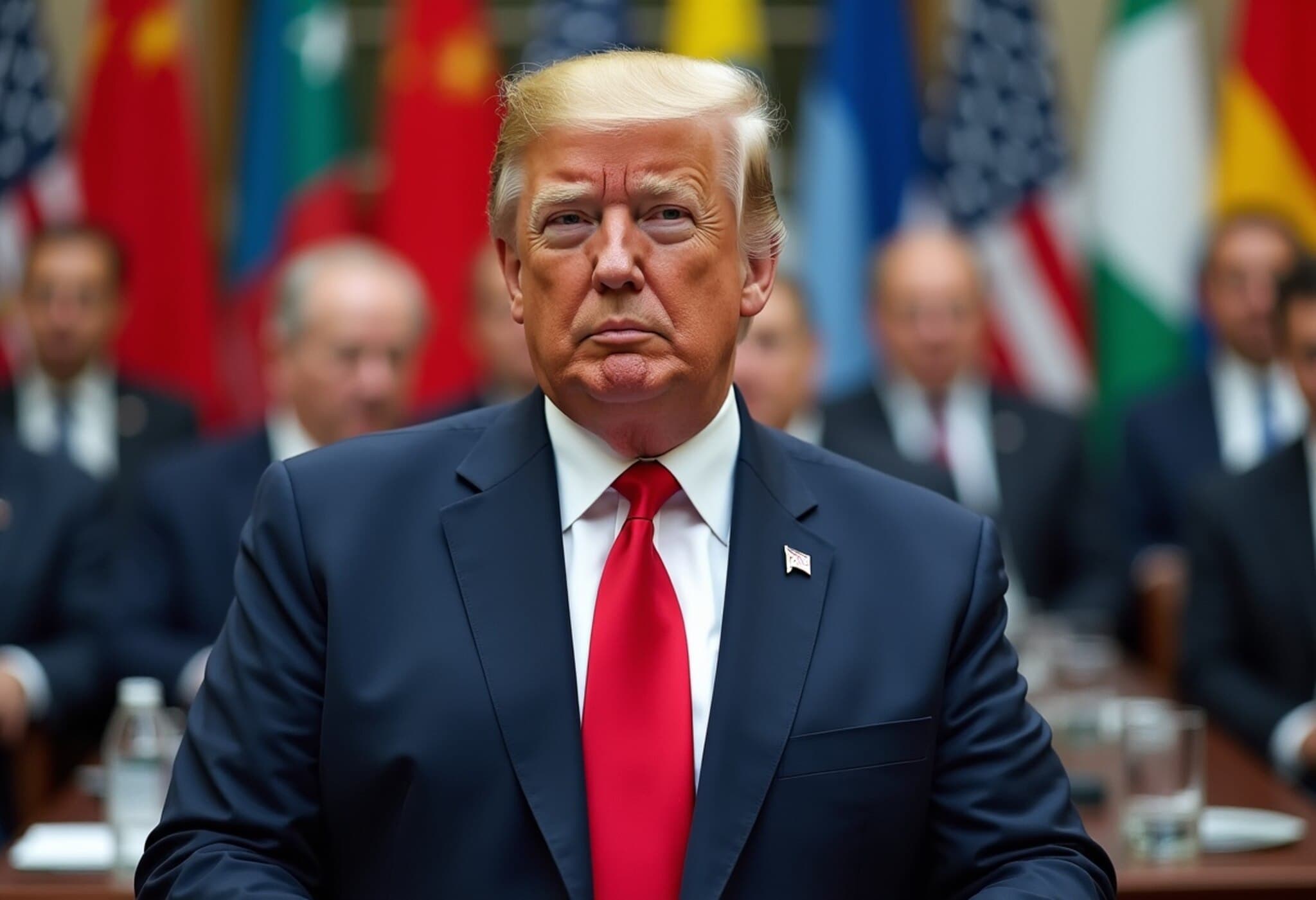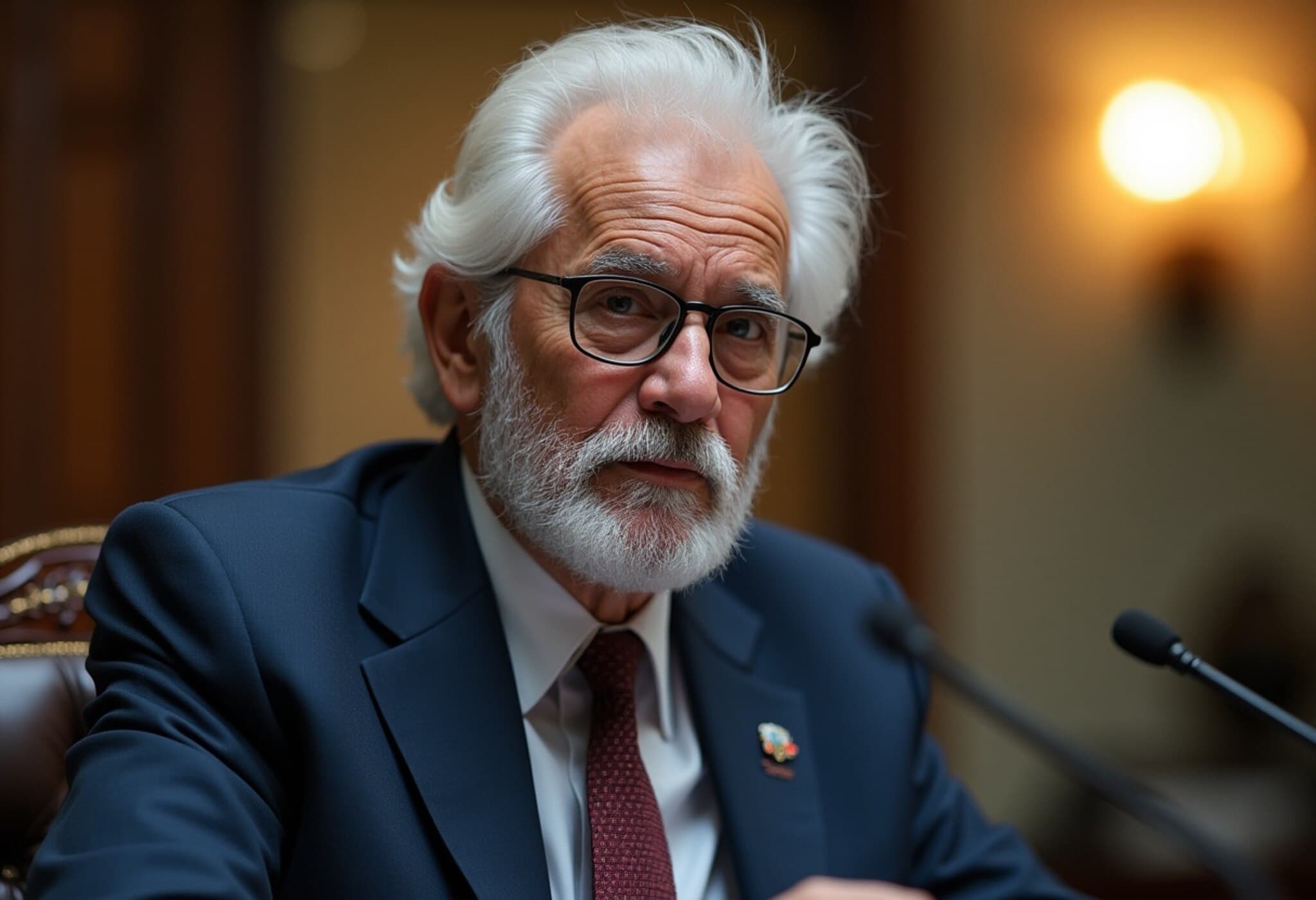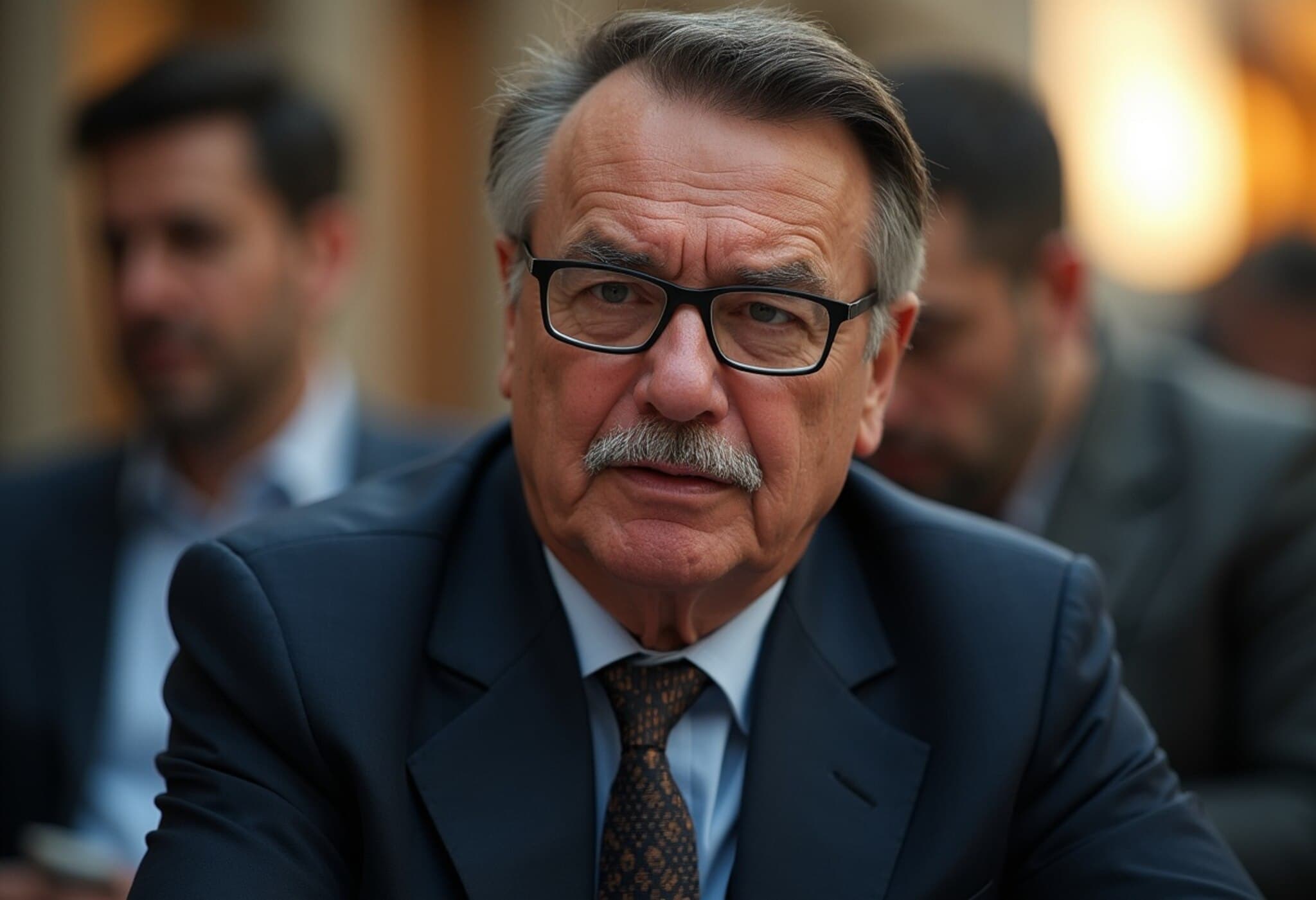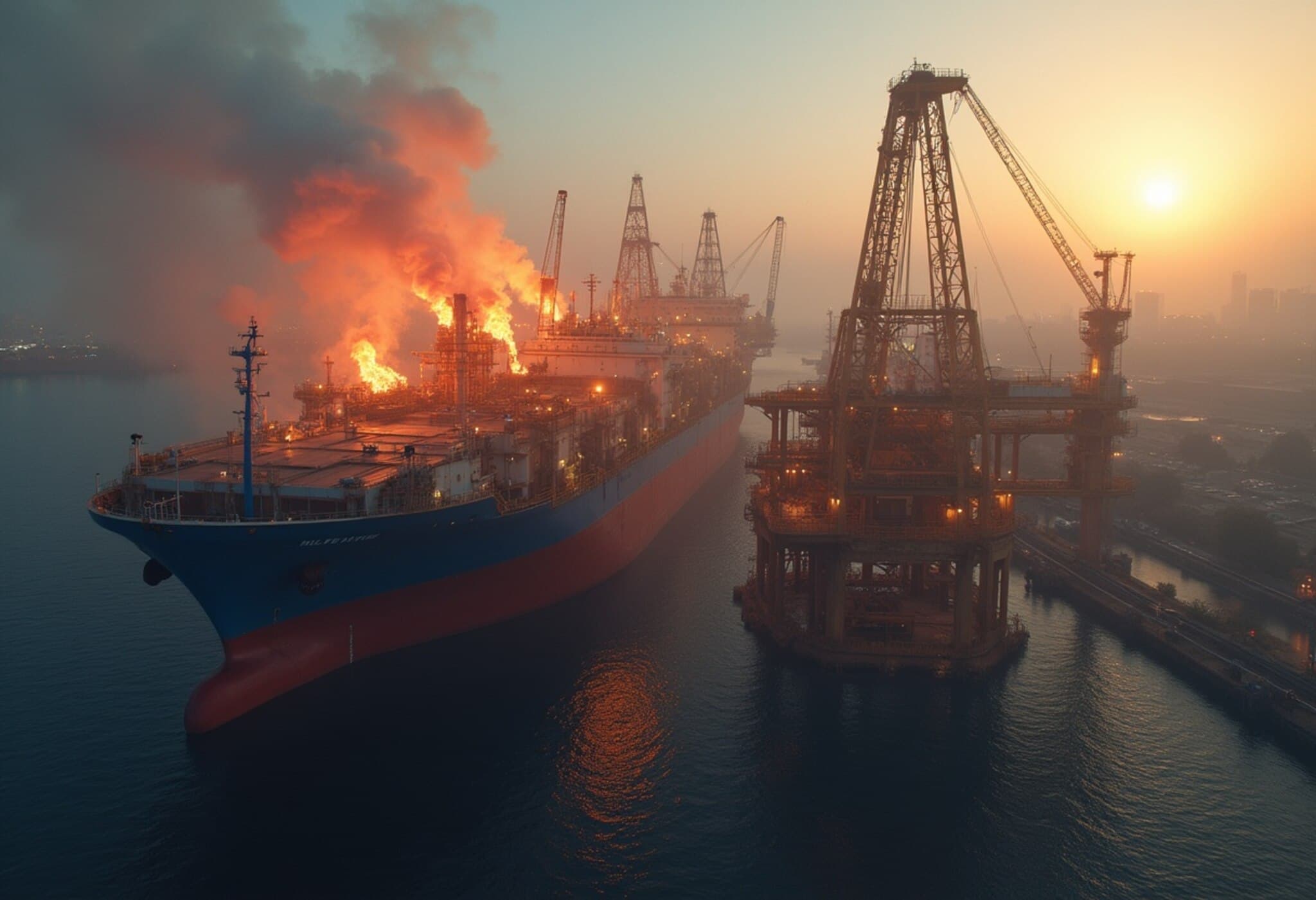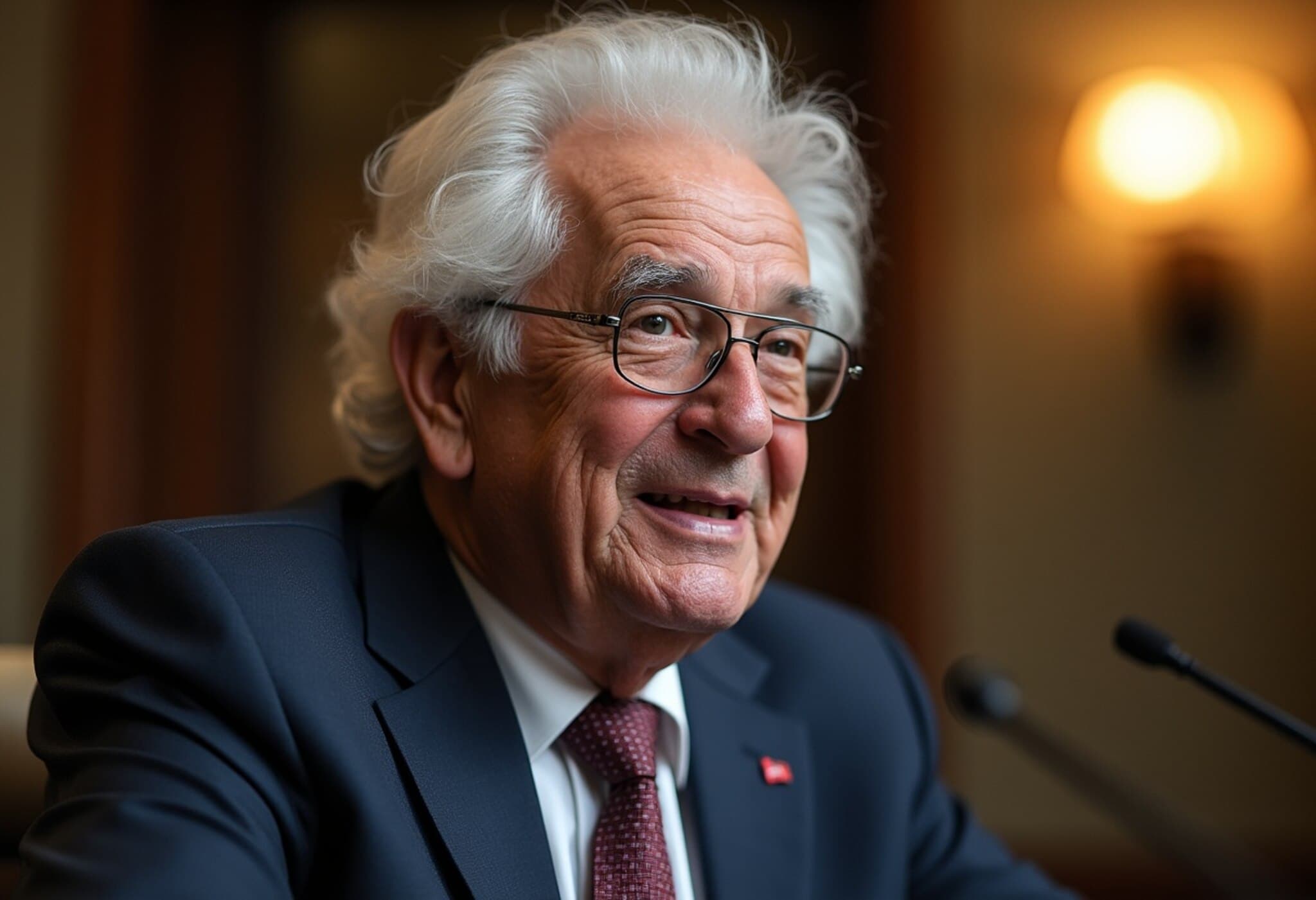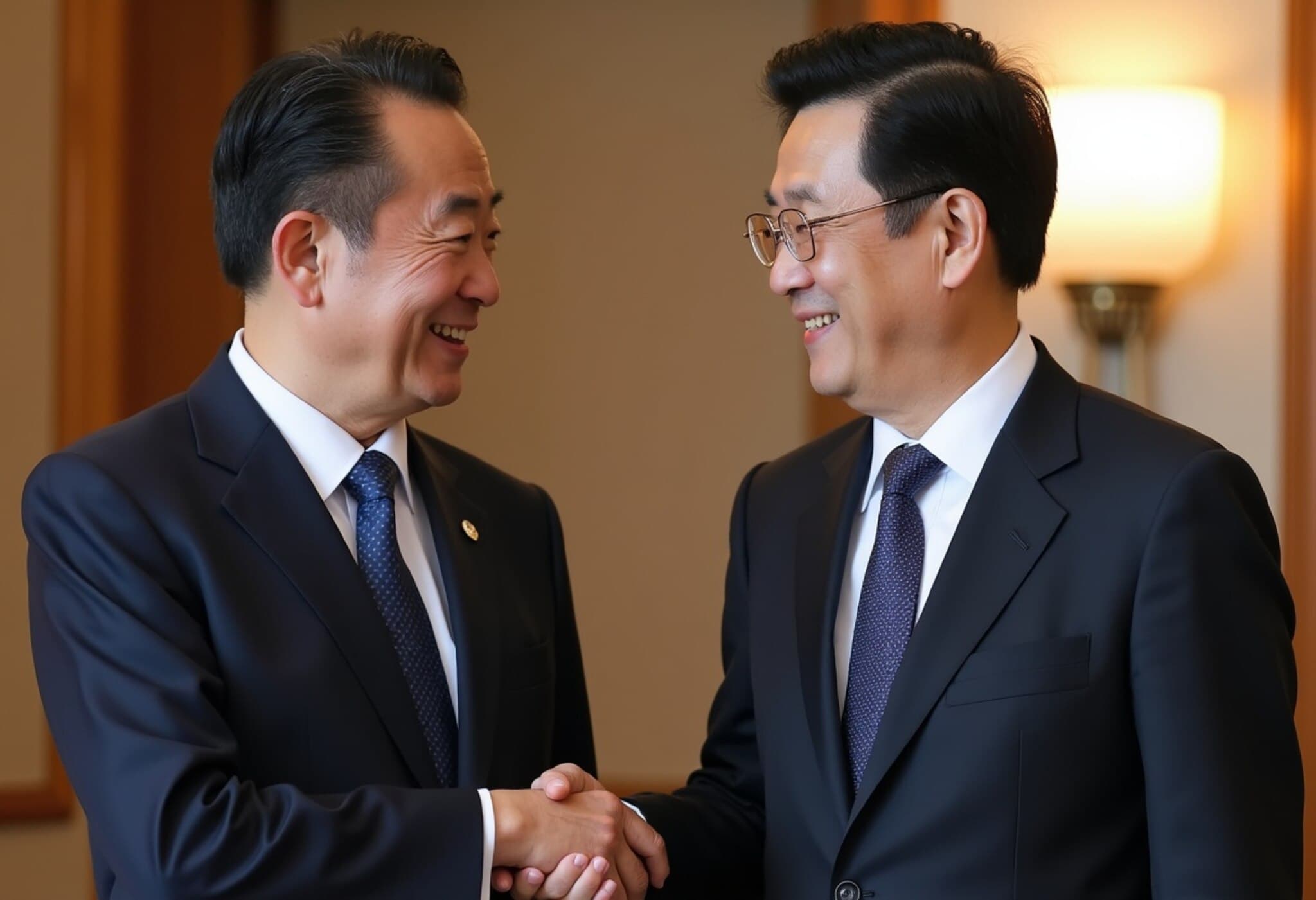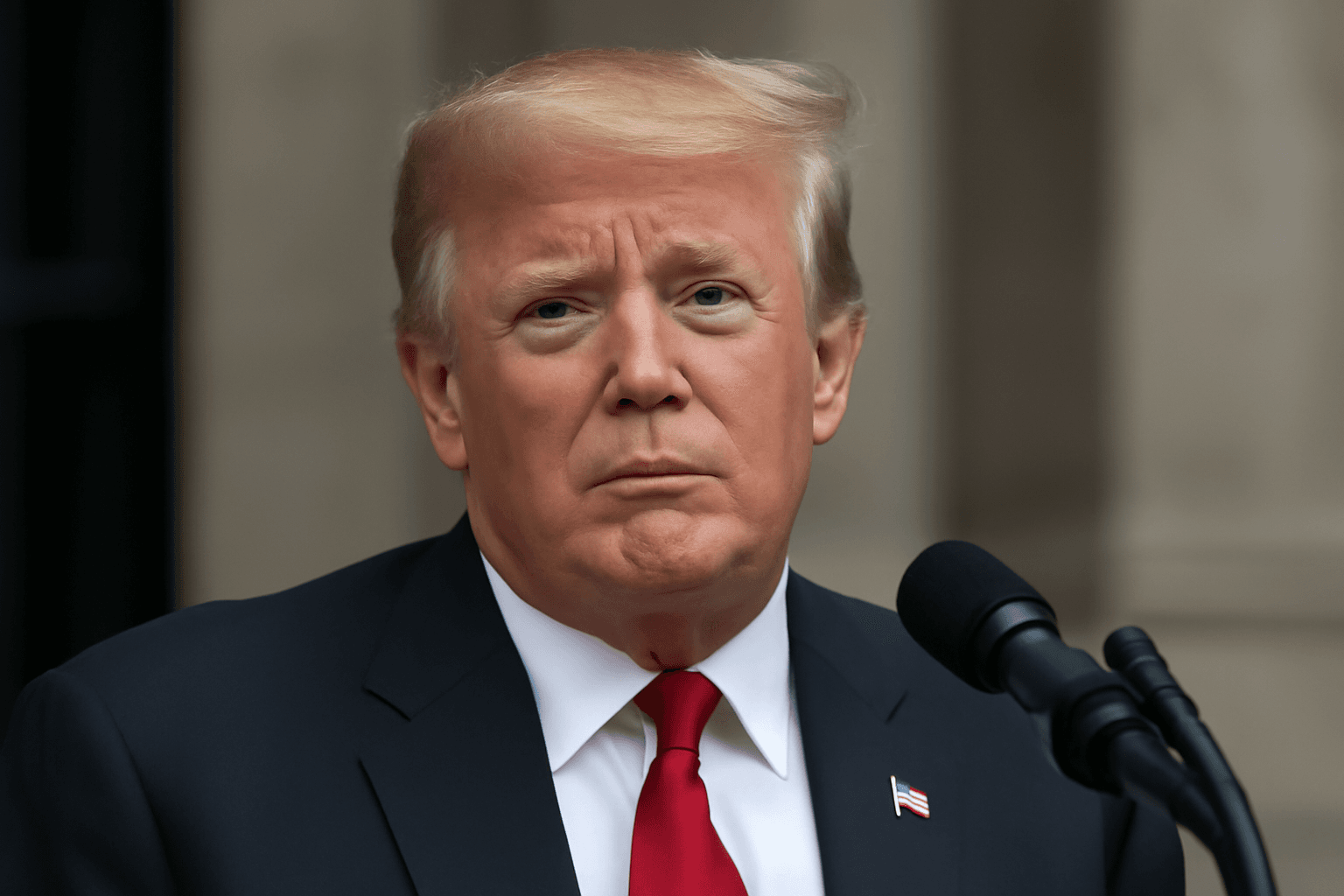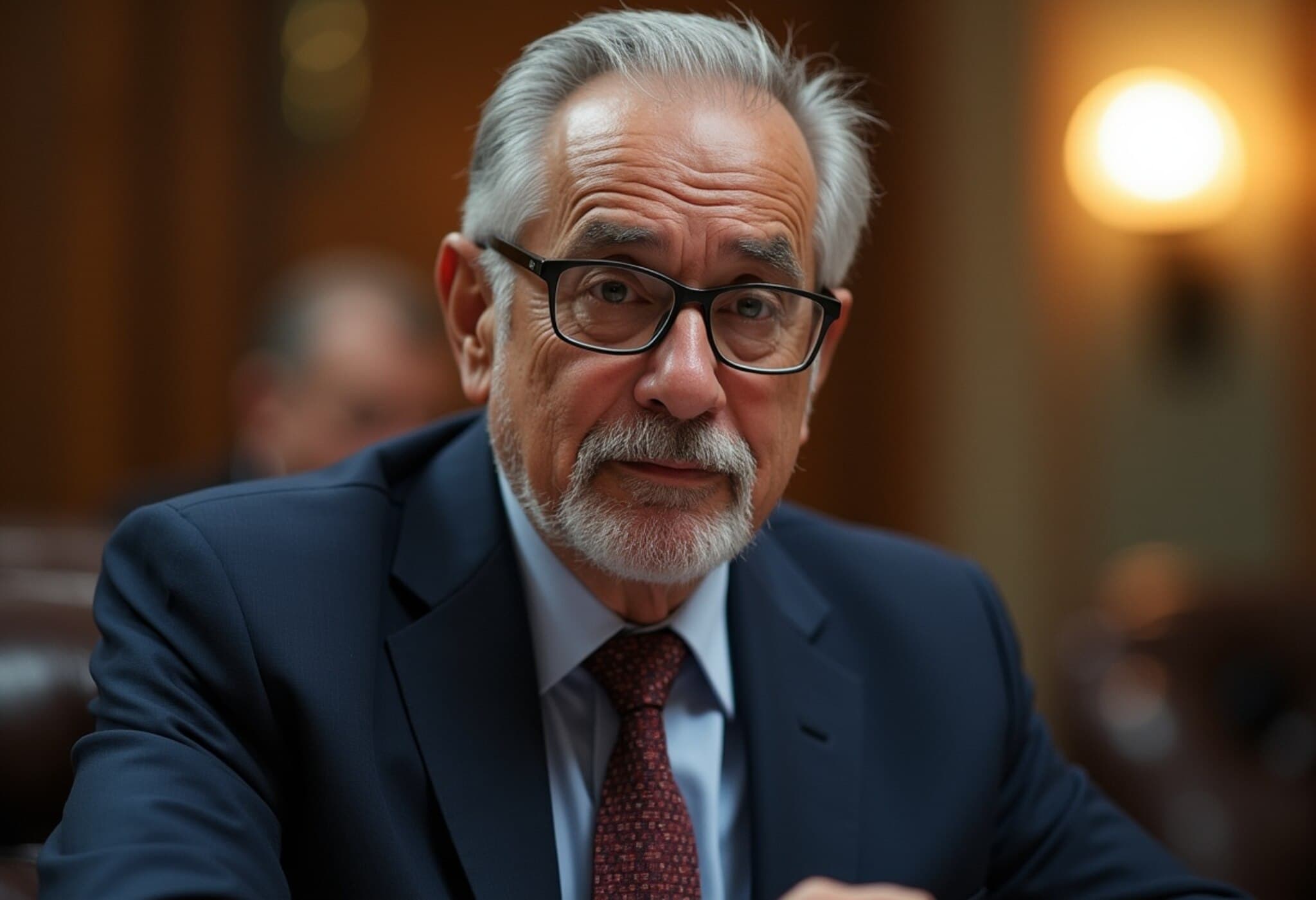Trump Opens Door for Dialogue with Brazil’s President Lula
In a surprising yet conciliatory move, former US President Donald Trump extended an open invitation to Brazilian President Luiz Inácio Lula da Silva, stating that Lula can reach out to him anytime to discuss ongoing trade tensions and other contentious issues between the two nations.
Addressing the press at the White House on Friday, Trump expressed mixed sentiments: while reaffirming his fondness for the Brazilian people, he criticized the current Brazilian administration, saying, “the people running Brazil did the wrong thing.”
Context of the Strained US-Brazil Relations
This exchange is set against a backdrop of escalating frictions. Recently, the Trump administration imposed a 50% tariff on Brazilian goods effective next week, excluding several exemptions. This action represents an attempt to counteract what Trump described as a “witch hunt” against former Brazilian President Jair Bolsonaro, who is currently on trial over allegations of orchestrating a coup following his 2022 election defeat.
Further straining ties, the US government sanctioned a Brazilian Supreme Court justice involved in Bolsonaro’s trial—measures that Lula has publicly labeled as “unjustifiable” and an unacceptable breach of Brazilian sovereignty,” particularly criticizing the interference in Brazil’s judicial independence.
Brazil’s Response and Diplomatic Outlook
Brazil’s Finance Minister Fernando Haddad responded positively to Trump’s remarks, calling them “great” and expressing confidence that President Lula would be equally open to direct dialogue. Speaking from Brasilia, Haddad emphasized the importance of this communication channel in navigating the complex political landscape stemming from Bolsonaro’s trial and the associated US sanctions.
Haddad also highlighted an upcoming virtual meeting with US Treasury Secretary Scott Bessent, aiming to lay groundwork for a possible face-to-face meeting between Lula and Trump. He cautioned, however, that such diplomatic engagements require careful planning. Notably, Haddad underscored the necessity of assurances that Lula and his administration will not be subjected to treatment akin to US criticism of Ukraine’s leadership earlier this year.
President Lula’s Stance on Dialogue
In response, President Lula’s official communication via his X social media platform reiterated Brazil’s longstanding commitment to open dialogue but notably refrained from directly addressing Trump or the tariffs. This suggests a calculated diplomatic posture, balancing the desire for engagement with firm opposition to what Brazil perceives as external pressure.
Implications for US-Brazil Relations and Regional Stability
This latest development signals a potential thaw in the frosty relations between the two countries, which could have wide-reaching economic and geopolitical ramifications:
- Trade Impact: The tariffs threaten to disrupt bilateral trade flows, affecting industries on both sides.
- Judicial Sovereignty: Sanctions tied to Brazil’s homegrown legal processes spark a debate on international respect for judicial independence.
- Regional Diplomacy: Improved US-Brazil ties could reshape South America’s engagement with Washington, influencing policies on climate, security, and economic cooperation.
Given Brazil’s strategic role as Latin America’s largest economy and an emerging global player, these conversations could set precedent on how major powers interact amid increasing nationalism and geopolitical contestation.
Expert Insight: Navigating a Diplomatic Crossroads
From a policy perspective, this moment underscores the complexities of modern diplomacy where trade, judicial integrity, and political narratives intertwine. It raises critical questions about the balance between sovereign judicial processes and international diplomatic pressure.
Moreover, the US approach towards Brazil reflects broader trends in American foreign policy, where economic sanctions and tariffs are used as tools to exert influence but risk alienating key allies or partners. Analysts suggest that sustained dialogue, rather than punitive measures, might better serve long-term stability and cooperation in the Western Hemisphere.
Editor's Note
As US-Brazil relations sit at a crossroads, the openness signaled by Trump is an opportunity but not a panacea. Readers should watch closely how both governments navigate this diplomatic landscape, balancing national interests with the imperative for constructive international cooperation. The evolving saga invites deeper reflection on the use of economic sanctions, respect for judicial sovereignty, and the role of personal diplomacy in resolving complex international disputes.

